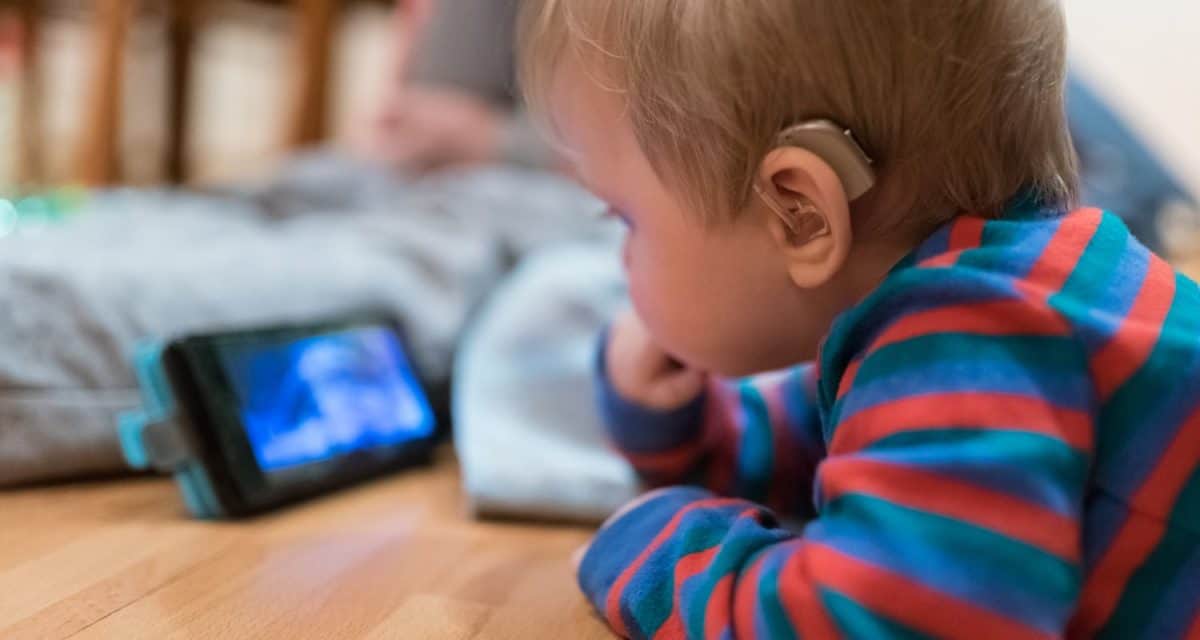- The Connection Between Hearing Loss and Dementia - July 30, 2024
- The Advantages of Rechargeable Hearing Aids - July 16, 2024
- How to Enjoy Music Festivals While Protecting Your Hearing - July 3, 2024
While more than 30 million Americans live with hearing loss, less than a quarter of those will choose to intervene. This is despite the existence of proven and effective solutions like cochlear implants are hearing aids that many people know about.
But there are additional tools that make listening easier for people with hearing loss, so that you can design your hearing health support to fit your unique needs and lifestyle. These supplemental instruments are called Assistive Listening Devices and they might be exactly the listening reinforcements you’ve been seeking.
What is an Assistive Listening Device?
An Assistive Listening Device (ALD) is an instrument that provides listening assistance, typically an electronic product. They often consist of the same three parts that make up a hearing aid: microphone, amplifier and receiver. You can use them in lieu of hearing aids and they do not require a prescription for purchase. A large portion of assistive listening devices on the market exist to address three distinct arenas of need: television viewing, phone conversations and in-person conversations.
Who are ALDs for?
There are two major reasons you would choose an ALD. In scenario one, a person who has mild hearing loss might receive their diagnosis from an audiologist. While they are not ready to jump into hearing aids, this person will purchase an ALD to solve the trouble of watching television with their family, because the blaring volumes they now require drive their spouse out of the living room in the evening.
This person may choose to invest in hearing aids later as their hearing loss progresses, or they find that the ALD they purchased has solved their long term needs. What’s great about assistive listening devices is that they’re a great and low-commitment way to try out using an electronic device to help you hear in everyday situations.
In another scenario, a person with hearing loss who has chosen to treat their condition with hearing aids might need additional support to make their hearing package complete.
Types of ALDs
A wonderful thing about today’s hearing aids is that they are more often than not all Bluetooth equipped. That means that many of the functions one would want to purchase an ALD for can already be performed by your hearing aids. But what if you don’t want to step fully into hearing aids just yet? Or, what if you don’t want to purchase a whole new slew of smart tvs and tablets and laptops when one simple add-on could give you those same perks? This is where an ALD can be truly invaluable.
Entertainment streaming
A major complaint people with hearing loss often have is that they can no longer enjoy watching television or listening to music with their families. There are ALDs to help solve this problem. If you have a smart tv and bluetooth equipped hearing aids, you can stream the audio right into your ears. Or, use an ALD to perform the same function, whether to wireless headphones or from a non-smart tv into your hearing aids.
Personal devices
ALDs like Pocket Talkers consist of a microphone to speak into and headphones so that you can amplify speech in one-on-one interactions or in the car. They are battery powered and extremely portable. Great for eliminating unnecessary background noise, they can be a good introduction to amplified listening, or can serve as back up to your hearing aids.
Loop systems
Some ALDs serve the larger community, like the inclusion of hearing loops in spaces like meeting rooms, theaters and auditoriums. They use a wire coil system and a microphone so that the speaker’s voice is amplified and sent out in signals to the entire room. If your hearing aids are equipped with a telecoil, you can switch them to the appropriate setting and directly pick up the speaker’s words.
Schedule a hearing consultation
It’s advised that you make sure you have hearing loss before using assistive listening devices. Using them without the need might actually harm your hearing. What’s more, if a medical condition is causing your hearing loss, having a physical exam can rule out more troubling causes.
Whether you are interested in exploring assistive listening devices before you commit to hearing aids or are a hearing aid wearer interested in rounding out their listening support, we are happy to pair you with the supportive devices that work best for your unique needs.

